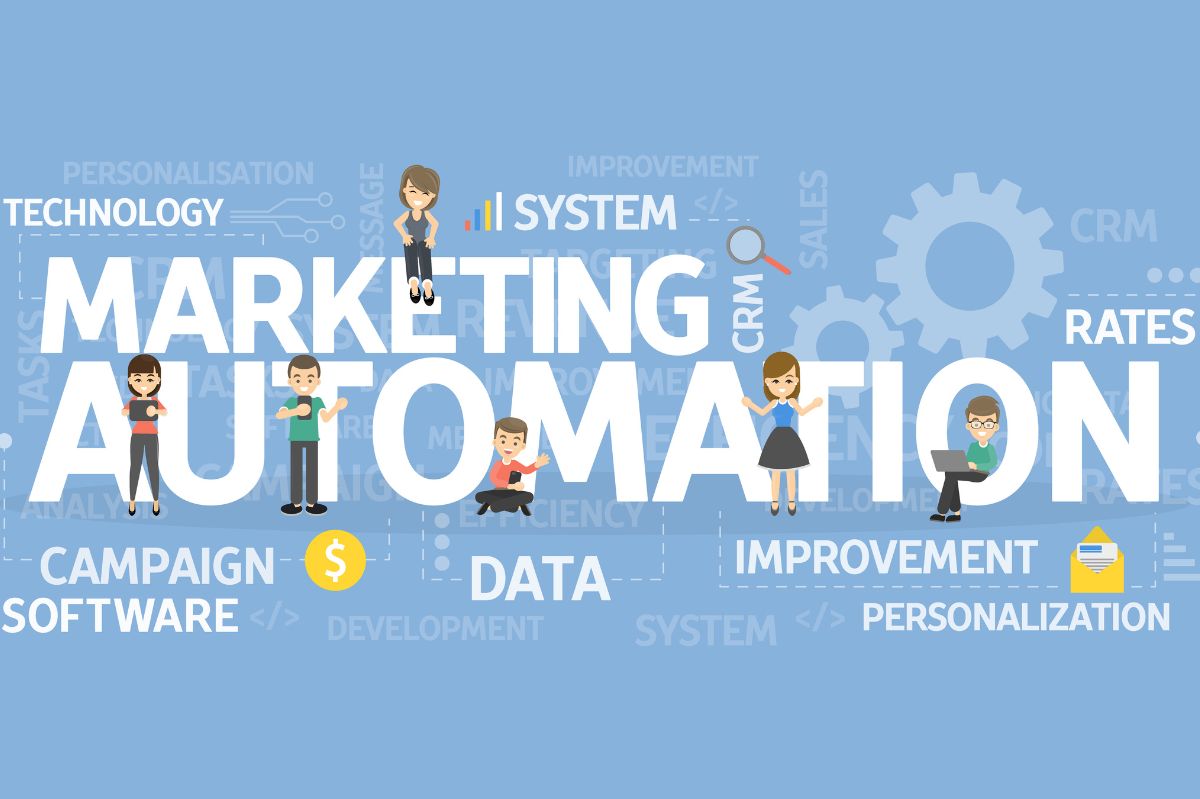Fundamentals Of Marketing Automation For E-Commerce

Marketing automation is a revolutionary digital methodology that is transforming how companies interact with their audiences. It is a digital assistant that allows you to automate promotional campaigns, maximize resource efficiency, and significantly increase ROI. If you learn to use it correctly, you can grow your business considerably.
Table of Contents
Characteristics and essential components of Marketing Automation
Among the main features of marketing automation are audience segmentation, the automation of email marketing campaigns, the management of social media activities and the analysis of the results of marketing activities.
One of the essential components of marketing automation is the lead management system, which is the process of capturing, classifying and tracking contacts interested in the company’s products or services.
This system allows you to create detailed customer profiles, evaluate their quality and direct them to relevant content based on their needs and interests.
Managing social media activities is another essential feature of marketing automation.
Thanks to specific tools, companies can plan and publish their content on different social channels, monitor user interaction with their posts and analyze the performance of activities.
Through data collection and analysis, companies can evaluate the effectiveness of their campaigns and make any improvements to optimize their results.
Effective strategies for implementing marketing automation
Implementing marketing automation can be a big challenge for businesses. However, some strategies can make the entire process more effective. First of all, you need to plan the activities related to marketing automation. This involves creating a detailed road map that defines objectives, activities and timelines.
Secondly, you must select the marketing automation software best suited to your company’s needs. It would help if you moved towards easy-to-use and customizable software. The content must be relevant and high quality, including messages addressed to customers, resulting from careful analysis of user interests and habits.
Measure and analyze the results of automated marketing campaigns
Measuring and analyzing the results of automated marketing campaigns is an important step in understanding whether your automation efforts are producing the desired results.
There are several ways to do this, including using metrics like lead generation, conversions, email open rate, click-through rate, or shopping cart abandonment rate.
It would help to leverage tools like Google Analytics to measure these key performance indicators.
An effective approach is looking for patterns and trends to help identify problems and opportunities to improve your conversion rate.
For example, it is important to understand which campaigns generated the most revenue and which messages had the most opens, clicks, and engagement on web pages.
Again, it’s critical to understand which audience segment responds well to personalized emails or social media messages and who is more interested in in-app shopping experiences or loyalty programs.
Automated campaign segmentation and personalization
Segmentation and personalization of automated campaigns, as anticipated, are two fundamental elements of marketing automation.
The audience is divided into homogeneous groups based on demographic, geographical, behavioural, interest, purchasing habits or interaction with the brand criteria.
Segmentation can be carried out through primary data (collected directly from the customer) or secondary data (acquired from external sources).
With personalization, however, the message and offer are adapted to users’ needs, preferences and activities, improving communication and the customer experience.
Results and concrete examples of success in the use of marketing automation
Marketing automation can lead to impressive results in marketing campaigns, sales and overall customer experience.
Some concrete examples of success using marketing automation include improving lead generation dynamics, reducing sales time, increasing customer loyalty, improving conversions, and creating a personalized customer experience.
One notable success story occurred with an e-learning software company that adopted marketing automation to improve the quality of its leads and accelerate its sales cycle.
By creating a specific content strategy for each buying cycle stage, the company increased the quality of its leads by 300% in just six months.
Additionally, the average time to close a sale was reduced by 50%, increasing overall company efficiency and productivity.
Another company, which produces products for outdoor sports, was able to improve the online purchasing experience by offering personalized suggestions on the website thanks to marketing automation.
This led to a 50% increase in online purchase conversion and a 20% increase in average order value.
Conclusions
In conclusion, marketing automation is an excellent strategy because it can lead to positive results for companies that use it, including improving the quality of leads, reducing sales times, increasing customer loyalty and conversions and creating personalized shopping experiences.
With the right strategic approach and the right technologies, companies can gain a significant competitive advantage in the digital age.
Also Read : GDPR E-commerce And How It Affects Data Protection
